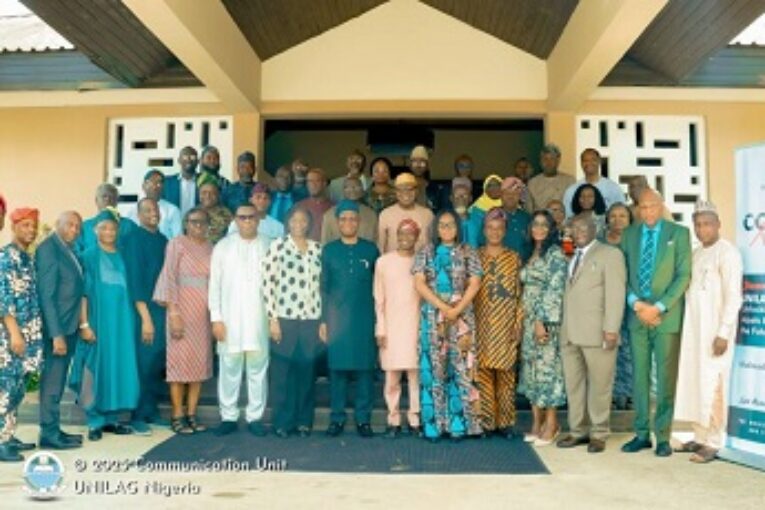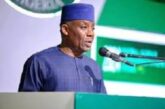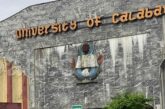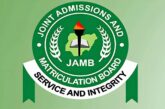
The University of Lagos’ governing council has reaffirmed its commitment and determination to reposition the university and make it a better brand and truly globally competitive.
The council expressed this commitment at its retreat held in Lagos, at the weekend.
The three-day event, themed: “UNILAG beyond today: Unlocking value, optimising assets & location, and shaping the future,” was chaired by the Pro-Chancellor and Chairman of Council of the university, Chief Wole Olanipekun, a Senior Advocate of Nigeria.
Also in attendance were the Vice-Chancellor, Prof Folasade Ogunsola, members of the governing council, top principal officers, deans, and directors as well as some resource personnel including Prof. Akin Owosekun, a monarch and renowned higher education expert, who delivered the keynote address on the topic: “UNILAG beyond today.”
In a communiqué issued by the council’s registrar, Mrs. Victoria Abosede Wickliffe, and made available to Tribune Online by the university’s spokesperson, Mrs. Adejoke Alaga-Ibraheem, on Monday, the council observed that UNILAG while remaining as a social-service provider has what required to making it financially viable, especially considering its location within the Lagos metropolis and Lagoon waterfront as well as its ability to explore alternative funding models.
The council also worried over what it called misclassification of universities under government’s Ministries, Departments, and Agencies as well as placing their research grants and donations under the Treasury Single Account (TSA) framework, urging for urgent review of the two issues.
While making four major recommendations that could significantly strengthen UNILAG to become a truly future-ready academic institution, the council stressed the importance of universities accorded full autonomous in academic, administrative, and financial matters.
Doing this, the council argued would enable each university to diversify its revenue sources through Public-Private Partnerships (PPPs), alumni contributions, and other innovative strategies.
The council also pointed out that it is in order if UNILAG could tap into some commercial potential presented by being in Lagos, a commercial hub of Nigeria’s economy and Lagoon waterfront to link industries for partnerships and also invest in real estate, deploy digital learning and artificial intelligence as well as maintenance of financial prudency and transparency in its activities.
The council thus expressed optimism that these recommendations are achievable once all the stakeholders in the university community and the government live up to their respective roles.




